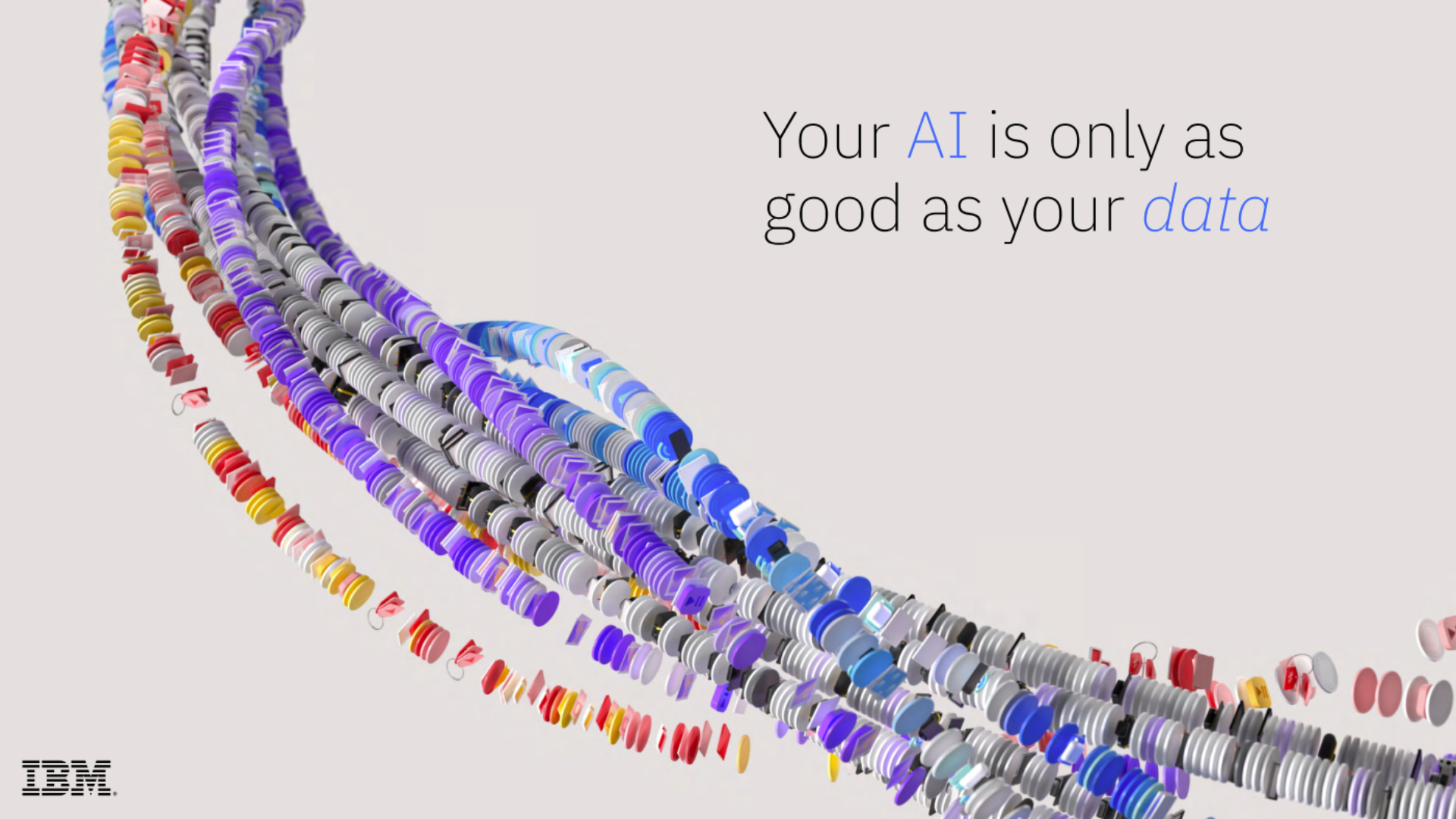Is ransomware targeting Facebook Messenger users?
CheckPoint says it's found ransomware, but Facebook disagrees

A phishing campaign could be distributing ransomware through Facebook Messenger and LinkedIn, according to security firm Check Point, but Facebook has denied this is the case.
Affected users receive a jpeg image file through Facebook Messenger, which appear as a file preview, not an attachment. If they click on the image, they are asked to select a directory in which to download the file. The scam, dubbed ImageGate, embeds the malware into the file, the research firm said.
CheckPoint claimed that double clicking on the saved file releases Locky ransomware, which encrypts files on users' devices, and only grants access after they pay a ransom, though Facebook said the files only lead to bad Chrome extensions.
In a post about these attacks, Check Point researchers Roman Ziakin and Dikla Barda wrote: "In the past week, the entire security industry is closely following the massive spread of the Locky ransomware via social media, particularly in its Facebook-based campaign."
The post adds: "As more people spend time on social networking sites, hackers have turned their focus to find a way into these platforms. Cyber criminals understand these sites are usually 'white listed', and for this reason, they are continually searching for new techniques to use social media as hosts for their malicious activities."
With Locky, there is no way of decrypting files without paying the ransom. Its creators also recently switched to a different encryption extension (.zzzzz), that prompts a different downloader and is harder for an antivirus to detect.
However, IT Pro understands the impact of ImageGate on Messenger users is very limited, and Facebook said it is already blocking the extensions it says these files lead to.
Sign up today and you will receive a free copy of our Future Focus 2025 report - the leading guidance on AI, cybersecurity and other IT challenges as per 700+ senior executives
A Facebook spokesperson said: "We maintain a number of automated systems to help stop harmful links and files from appearing on Facebook, and we are already blocking these ones from our platform. In our investigation, we determined that these were not in fact installing Locky malware - rather, they were associated with Chrome extensions. We have reported the bad browser extensions to the appropriate parties."
Picture credit: Facebook
-
 Everything we know so far about the Nike data breach
Everything we know so far about the Nike data breachNews Hackers behind the WorldLeaks ransomware group claim to have accessed sensitive corporate data
-
 There’s a dangerous new ransomware variant on the block – and cyber experts warn it’s flying under the radar
There’s a dangerous new ransomware variant on the block – and cyber experts warn it’s flying under the radarNews The new DeadLock ransomware family is taking off in the wild, researchers warn
-
 Hacker offering US engineering firm data online after alleged breach
Hacker offering US engineering firm data online after alleged breachNews Data relating to Tampa Electric Company, Duke Energy Florida, and American Electric Power was allegedly stolen
-
 Cybersecurity experts face 20 years in prison following ransomware campaign
Cybersecurity experts face 20 years in prison following ransomware campaignTwo men used their tech expertise to carry out ALPHV BlackCat ransomware attacks
-
 15-year-old revealed as key player in Scattered LAPSUS$ Hunters
15-year-old revealed as key player in Scattered LAPSUS$ HuntersNews 'Rey' says he's trying to leave Scattered LAPSUS$ Hunters and is prepared to cooperate with law enforcement
-
 The Scattered Lapsus$ Hunters group is targeting Zendesk customers – here’s what you need to know
The Scattered Lapsus$ Hunters group is targeting Zendesk customers – here’s what you need to knowNews The group appears to be infecting support and help-desk personnel with remote access trojans and other forms of malware
-
 Impact of Asahi cyber attack laid bare as company confirms 1.5 million customers exposed
Impact of Asahi cyber attack laid bare as company confirms 1.5 million customers exposedNews No ransom has been paid, said president and group CEO Atsushi Katsuki, and the company is restoring its systems
-
 The US, UK, and Australia just imposed sanctions on a Russian cyber crime group – 'we are exposing their dark networks and going after those responsible'
The US, UK, and Australia just imposed sanctions on a Russian cyber crime group – 'we are exposing their dark networks and going after those responsible'News Media Land offers 'bulletproof' hosting services used for ransomware and DDoS attacks around the world

